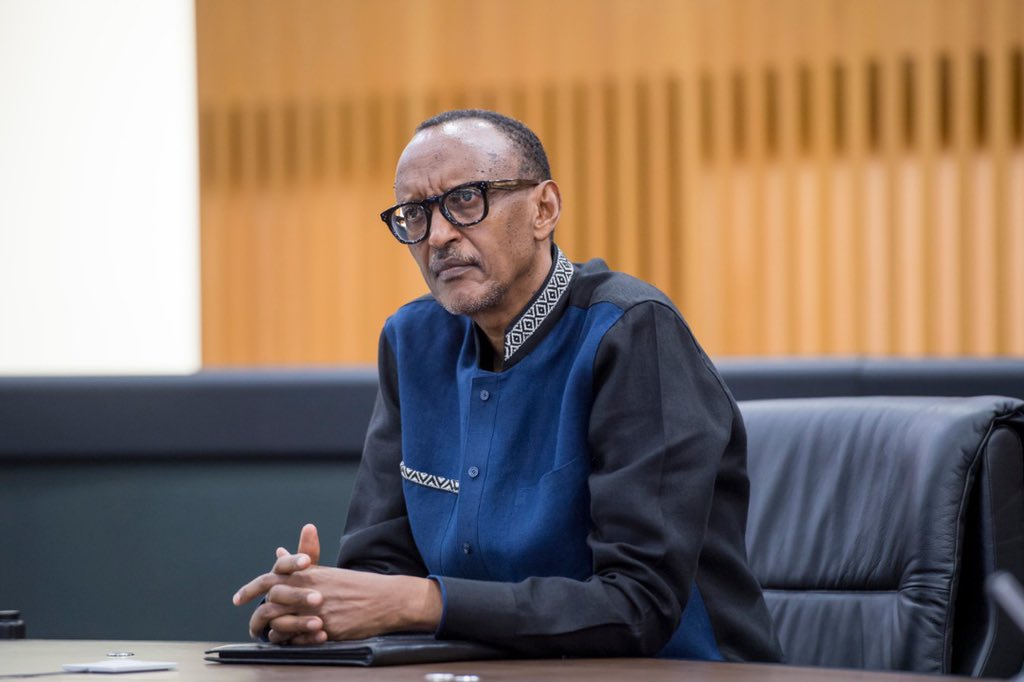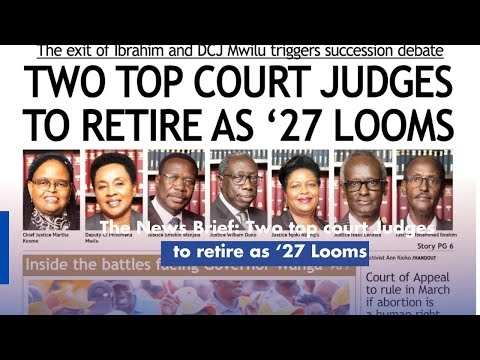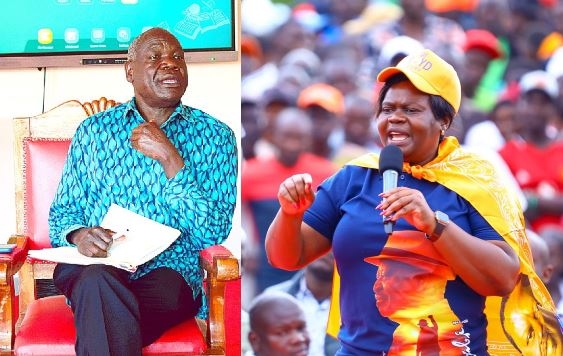
 Rwandan President Paul Kagame. /PAULKAGAME/X
Rwandan President Paul Kagame. /PAULKAGAME/XRwandan President Paul Kagame has issued a powerful call to Africans to reject the indignities and disrespect they often face from foreign entities, urging a collective awakening rooted in self-respect and self-worth.
Speaking during a national address on Saturday, Kagame decried what he described as the widespread perception that Africans lack the capacity to think and act for themselves.
“Many people think we are dumb, we have no capacity to think and to act upon what we think and what we must do,” he said, pointing to the daily experience of disregard and condescension that Africans endure.
Kagame was quick to temper his criticism of foreign actors with a candid challenge to Africans, suggesting that the continued tolerance of disrespect is equally an internal failing.
“I can’t quarrel with you just because you have been coming around and giving me lectures without blaming myself for committedly listening to you and going by what you are telling me,” he said, questioning why Africans have allowed themselves to be instructed on what is right, as though righteousness can only be affirmed through external validation.
"The kind of disrespect that people – Rwandans, Africans – experience on a daily basis is staggering," he said.
Kagame’s words resonate beyond Rwanda, speaking to a deeper, historical wound stretching back to colonial times when foreign powers not only seized African land and resources but also implanted narratives of inferiority.
These narratives did not vanish with independence; they merely evolved into subtler forms of control.
In the post-colonial era, African countries find themselves shackled by strict economic policies crafted in Western capitals.
Foreign aid, often lauded as benevolent support, has frequently come with stringent conditions that compromise sovereignty.
Institutions like the International Monetary Fund and the World Bank have been known to impose structural adjustment programmes that force governments to cut social spending, liberalise markets and implement reforms that sometimes clash with domestic priorities.
This conditionality, wrapped in the language of governance and accountability, has created a dynamic where African countries are routinely compelled to earn the goodwill of donors before receiving aid.
The net effect has often been the reinforcement of dependency and a weakening of local initiative, a pattern Kagame clearly rejects.
Nowhere has the price of defying foreign orders been more evident than in the case of Zimbabwe.
Following its controversial land redistribution programme in the early 2000s, which sought to address colonial-era land inequalities, Zimbabwe faced crippling sanctions from Western nations.
The United States passed the Zimbabwe Democracy and Economic Recovery Act (ZIDERA), while the European Union imposed targeted measures against top officials.
Multilateral lenders froze funding and support, triggering an economic crisis that ravaged ordinary citizens.
Despite these consequences, Zimbabwean authorities have continued to assert their right to determine their own path.
President Emmerson Mnangagwa's government recently claimed that the country’s GDP had doubled since 2018, a declaration of resilience in the face of prolonged isolation.
The Southern African Development Community (SADC) and the African Union have also consistently condemned the sanctions, arguing that they are punitive and undermine regional economic integration.
President Kagame’s critique, therefore, goes beyond rhetorical defiance.
It challenges a long-standing pattern where Africans have internalised the notion that external validation is necessary for progress.
"And it’s as if we are going to do what is right because we have been instructed to do so. You Africans, you must be having problems accepting that for years."
Kagame does not excuse the legacy of manipulation and marginalisation, but he insists that the power to reverse it lies within.
The failure, he implies, is not simply in how the world treats Africa, but in how Africa permits itself to be treated.
By placing responsibility squarely on both the sender and the receiver, Kagame called for a new kind of self-awareness, one that refuses to be defined by history or external expectation, but instead by the continent’s own deliberate choices.
In Kagame’s view, reclaiming dignity is not an abstract aspiration but a practical and necessary stance.
It begins with rejecting the daily rituals of belittlement, refusing to be lectured without question, and asserting the capacity to choose what is right, not because it is prescribed from abroad, but because it aligns with African will and reason.

















